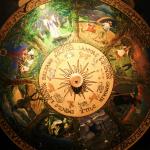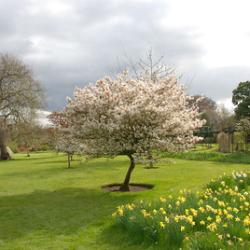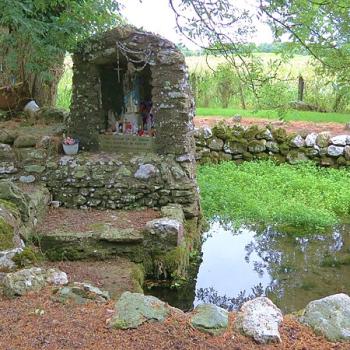In late August, I was grateful to be able to once again attend TempleFest, the annual gathering of the Temple of Witchcraft, of which I am a minister. I always love being in the Temple community, and this was no exception.
Every year, TempleFest includes our Lammas ritual, the celebration of the first harvest. In the mythos of the Wheel of the Year, Lammas is the time when the grain god is sacrificed – cut down as the grain is harvested, to rise again in bread and become food for the people. This year, I found the ritual reenactment of that harvest to be particularly powerful, and, actually it moved me to deep sadness. After the ritual, I found that what I needed most was to just lie in the field where the ritual had taken place and offer gratitude to the sacrificed god for the food that sustains us.
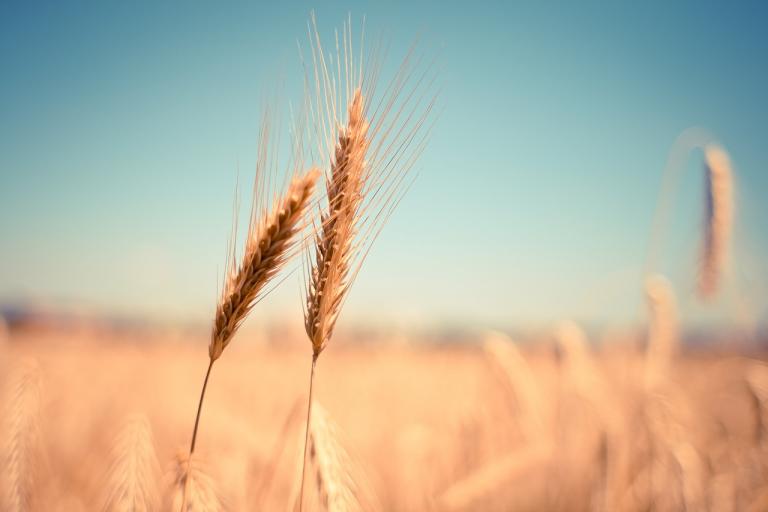
As human beings, that is to say, as animals, this is an inescapable part of our story. We cannot eat the free, unlimited resource of energy that comes pouring as a gift to earth every day – we cannot eat sunlight. We have to eat other living things, things that do eat sunlight (plants) or others, like us (animals) who have eaten the things that eat sunlight. We cannot sustain our own lives just by lifting leaves to catch the sun’s rays. We have to have others do that work for us.
Vegetarianism
One of the reasons I’m a vegetarian is that a vegetarian diet uses less life to sustain my life than a meat-eating diet. (It takes more plants to feed an animal and then feed the animal to a person than it would take to just feed the person on plants to begin with.) Now, I’m not a vegan, so this isn’t a principle I follow in any sort of absolute sense. And I know that not everyone can live on a vegetarian diet – it doesn’t work for my wife’s body, for example. And I know that in some kinds of ecosystems, the plants that humans can digest are impossible to grow, but animals can digest them and then sustain human communities. In other words, I know this is complicated. But still, there is something in me that wants to minimize the life that has to be given for my own to be sustained.
Even so, though, like most people, I imagine, I don’t think about the life that sustains my life all that often. And I am privileged to have the material context where I don’t need to worry about where my food is going to come from. So, in my day to day life, I take food for granted much of the time. Perhaps this is where the sadness comes from. Something had to die, or give a huge gift of itself for me to live, and I barely even notice.
Lessons we can learn from plants
This summer, I’ve been reading the book Braiding Sweetgrass, by Robin Wall Kimmerer, in which she talks about the lessons we can learn from plants as someone both grounded in Native American traditional wisdom, and a PhD in botany. I cannot recommend this book highly enough for its beautiful writing and depth of insight and compassion. If you haven’t read it, by all means, do! There is so much in this text, but one thing that she says in many different ways is that one of humanity’s jobs, according to native wisdom, is to offer gratitude. The awareness of the gifts we have been given, and our ability to offer thanks and praise for those gifts is part of our role in the family of life.
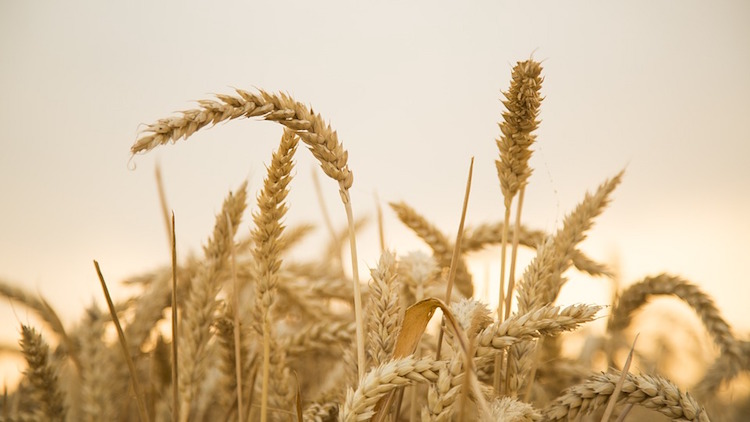
Does being life that feeds on other life come with certain responsibilities and obligations? Kimmerer says yes, that we have a responsibility to offer gratitude and awareness, and an obligation to the principles of the honorable, or sustainable harvest. I think she’s right.
If so, I think I am often falling down on the job. This ritual was a reminder to me about my place in the family of life. I am life that feeds on other life. And the least I can do is to acknowledge that fact and be grateful for the life that sustains my own. I hope to do better, and I invite you to join me.


